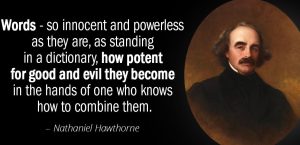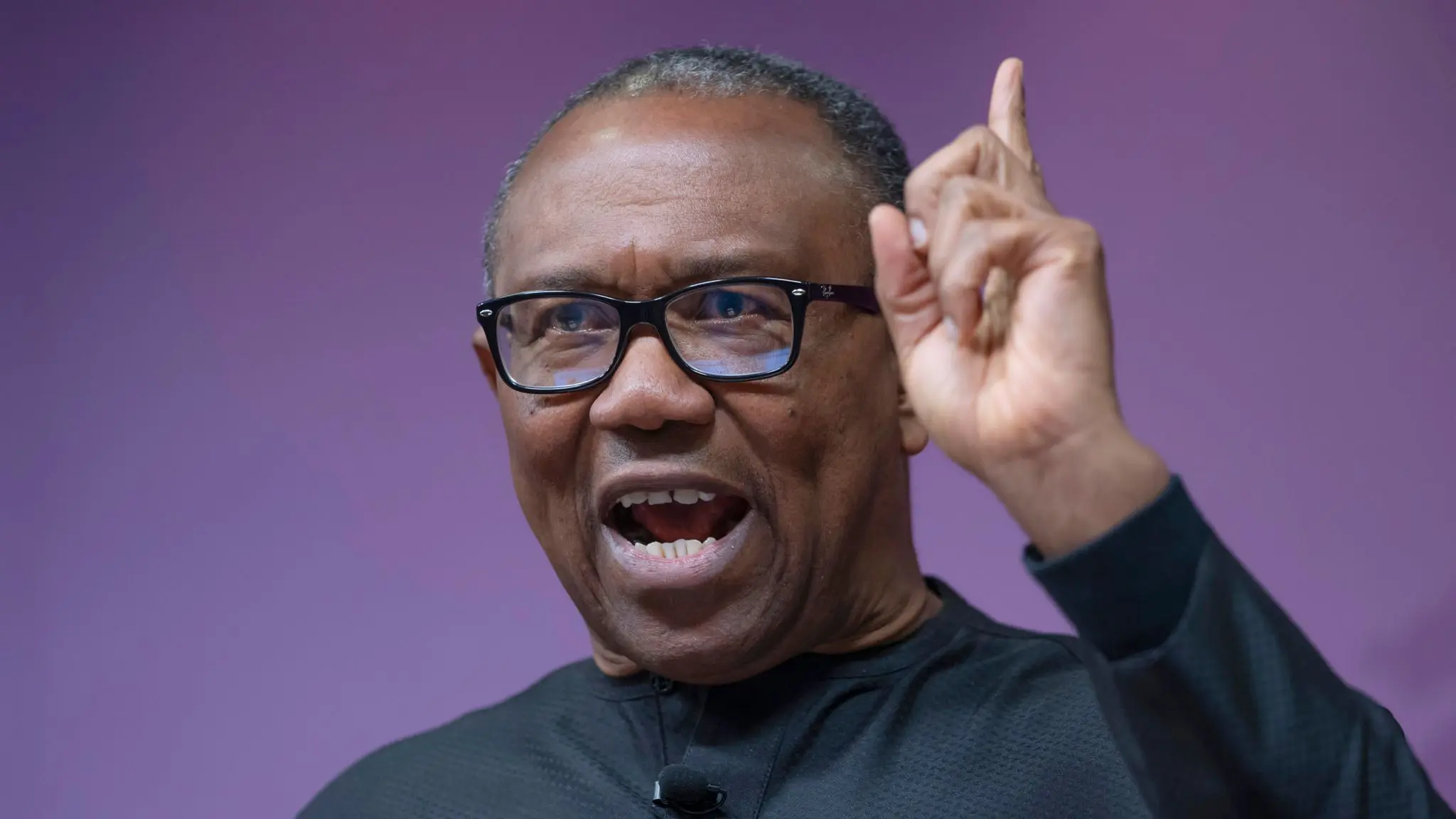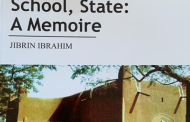Presidential contender, Peter Obi had better beware he could end up in prison as an unintended consequence of the lack of suavity of his media team. The team is producing the discursive condition of emergence for that scenario by always subject positioning Obi as vulnerable to arrest while, by the same token, positioning President Tinubu as capable of doing that to Obi.
The obvious assumption behind that discourse is to preempt such possibility but words do not function that way. Words produce subject positions or power relations and power being what counts, make language use the power itself. So, the media managers can become complicit in that reality without having set out to achieve that.
 It is true that language use or discourse do not automatically produce any particular outcomes without the politics of meaning. But in the state of siege enveloping Nigeria today, who can vouch for sanity in high places? There are government officials today who would say that every option is on the table, with the hope that they can manage the consequences.
It is true that language use or discourse do not automatically produce any particular outcomes without the politics of meaning. But in the state of siege enveloping Nigeria today, who can vouch for sanity in high places? There are government officials today who would say that every option is on the table, with the hope that they can manage the consequences.
Of course, it must be mentioned that the problem of lousy grip of discourse in Nigerian body politic is not exclusive to Peter Obi’s media team. It is the situation down the line. With the notable exception of Remi Oyo’s time as presidential spokesperson to Obasanjo, all the rest, including Tinubu’s team, score very poorly on that. It is possible that Remi Oyo escaped that lousiness because she worked with a global news agency before her stint in the presidency although one would not absolutise that.
Unlike that background of hers, majority of us in Nigeria grew up to learn that words have meaning and for which we are permanently cross checking in the dictionaries considered to provide the best of that service. To make matters worse, over 90 per cent of our university curriculum reinforce the referential theory of meaning, leaving us all absolutely unaware of the relationality of meaning and the impossibility of fixed or permanent meaning for any words, sans usage, much less the power implications of language.
That is why the Tinubu team, for example, misses every opportunity to unsettle the singularity problem in the devastating criticism of the president during the electioneering campaigns and in the aftermath of the presidential election outcome. Given President Tinubu’s absolute lack of a logic of power, this should be gratifying. But as long as he is president of Nigeria, he remains the Chief Shaman (more holistic than bricoleur) of the Federal Republic and an attitude of happiness in his devastation is an unhelpful attitude. Banal nationalism insists that the public sphere follows the flag. Nigeria and Nigerians cannot be an exception to this in the contemporary configuration of global power.
This background is why it is the responsibility of all patriots to draw the attention of media handlers to the enormity of their responsibility, not because they are more important than other intellectuals of statecraft but because they dominate and/or control the flow of discourse. Of course, the principal-agent relationship that one observes in the work condition of most media advisers is to be noted. Most media advisers simply have no quality access to the principals beyond being called to write a press release or distribute égunje’.
In other words, they have absolutely no background to what they are expected to situate critically. In the end, they do what they are not supposed to do: go along with the anger or joy of the president, Senator, governor, minister, CEO or local government chairperson in their articulation of the office as the case may be instead of calming or healing fissures with their mediation of power. That will always lead to failure in media and publicity function at all times because political office holders have only one reason for needing media advisers: to achieve hegemony, not dominance. The two words have different ‘meanings’.
Recently, one learnt that media advisers are no longer the worst in terms of poverty of locale in principal – agent relationship. There are governors in Nigeria whose Secretary to the State Government, Chief of Staff and even the Deputy-Governor have to wait to see them. It is a new dimension to an old problem because, as overpampered as some of us were perceived to have been in serving as a media advisor to a minister and later a governor, a former Presidential Chief Press Secretary in the Second Republic was still so horrified at something he observed that he had to take it upon himself to sit my boss down before my privileges improved. My conclusion today is that senior government officials having to wait to see the governor or the president, as the case may be, points at the technical dimension of the trouble with Nigeria that people who become governors do not pass through any systematic grooming in the management of power. It was never the case under Obasanjo, for example. In fact, the joke was that any minister or CEO who could manage to pull Obasanjo from his flirtations could get his memo signed before the former president returned to his past-time and, three months later, Obasanjo would quote from the memo the minister might have thought he casually signed. The paradox there is that it is Obasanjo who tried to make it a tradition in Nigeria to recruit presidents from the rank of governors.
So, what should we say? Nigeria, we hail thee, indeed or ‘Arise O compatriots?




























